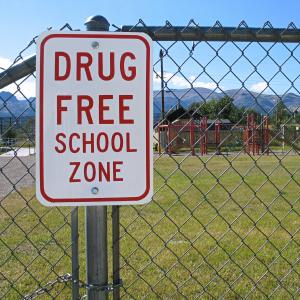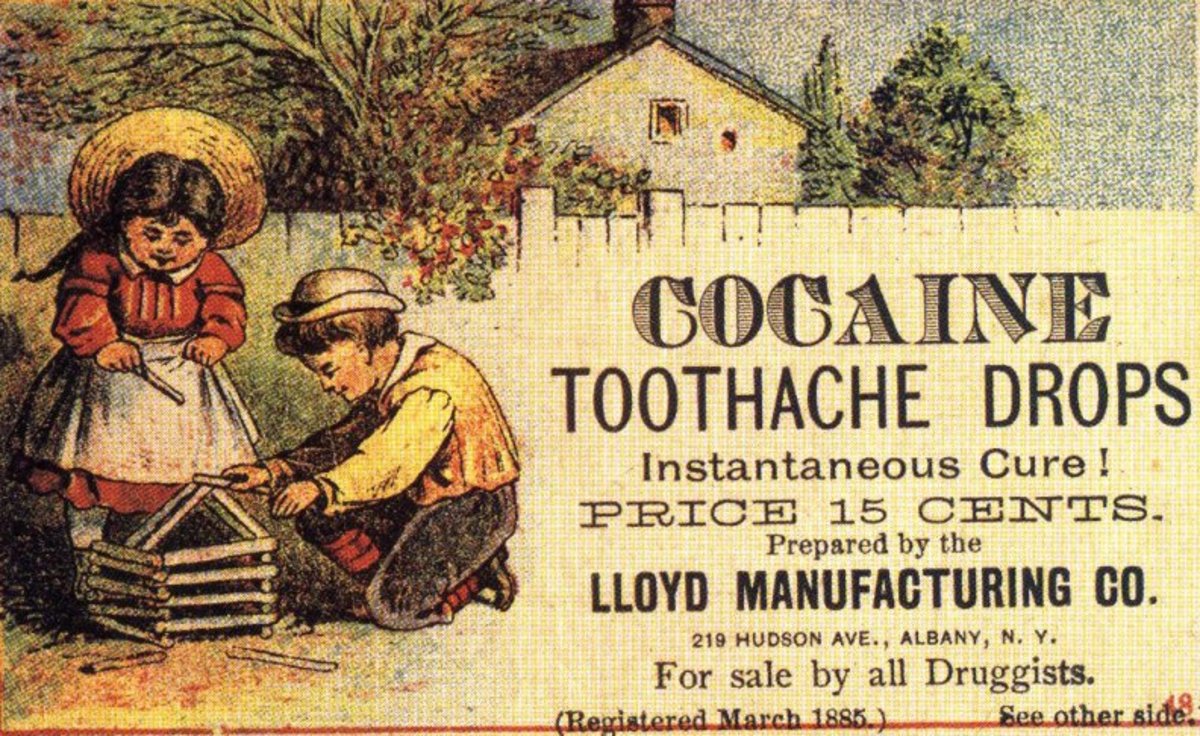What Students, Teachers, and Parents Should Know about Drug Use, Related National Initiatives, and Curriculum Infusion

Although alcohol related use and abuse is prevalent amongst Connecticut teens, high school students are not immune to other forms of substance abuse including illicit drugs. Some of the more common drugs amongst teens in the Connecticut area include marijuana, cocaine, and heroin. There are several warning signs that can point a teacher to suspect specific drug use.
Marijuana
Marijuana, also known as pot, weed, and Mary Jane among other names, derives from the hemp plant and is smoked in order to alter the mind.
Effects of marijuana use include impaired judgment and motor coordination, shortened attention span and distractibility, anxiety and panic attacks, increased heart rate and increased risk of heart attack. Longer-term problems include issues with memory and learning, lower motivation, decreased alertness, and addiction and withdrawal symptoms if taken away.
Despite popular belief, marijuana is an addictive drug. Young people who use marijuana weekly have double the chance of suffering from depression later on in life. Likewise, heavy marijuana users are more likely than nonusers to be diagnosed with schizophrenia. In fact, a study has shown that those who have used marijuana more than 50 times before the age of 18 had a threefold increased risk of developing schizophrenia than those who didn’t use.
Cocaine
Cocaine, also known as coke, or in its rock form, crack, is a stimulant that is either snorted, injected, or heated and smoked. It is a stimulant drug that will increase body temperature, heart rate, and blood pressure.
Side effects include headaches, abdominal pain and nausea as well as a decreased appetite, which can often result in malnutrition. Emotionally, cocaine can cause irritability, restlessness, anxiety and paranoia.
It can be addictive or a user may become dependent upon the drug. When snorted, cocaine can result in a loss of smell, nosebleeds and a chronically runny nose. Because of its stimulating aspect, cocaine can result in respiratory arrest, and even heart attack or stroke, which can cause death.
What students should know is that cocaine can kill the first time it is used and can cause heart attacks even in young users. The most common cause of drug-combination related deaths comes from the mixture of alcohol and cocaine.
Heroin
Heroin is a rising problem in several Connecticut high schools. Heroin is a highly addictive depressant made from opium poppies. It comes in the form of a white or brown powder or sticky tar and is often injected.
Signs of heroin use can include warm flushing of the skin, heavy feeling in the extremities, severe itching, collapsed veins, abscesses at the injection location, dry mouth, nausea and vomiting, alternating drowsy and awake states, cold flashes, and involuntary leg movement.
Longer-term and serious problems include arthritis, infectious diseases from sharing needles, infection of the heart lining and valves, clouded mental function, liver or kidney disease, and even overdose and death.
National Initiatives
With the No Child Left Behind Act came The Safe and Drug-Free Schools and Communities Act(SDFSC). This Act allows schools to use funding to:
- address the consequences of violence and the illegal use of drugs as appropriate; promote a sense of individual responsibility;
- teach students that most people do not illegally use drugs;
- teach students to recognize social and peer pressure to use drugs illegally;
- teach students skills to resist illegal drug use;
- and incorporate activities in the secondary schools that reinforce prevention activities implemented in elementary schools.
Any programs a school adopts should be based on a long-term goal rather than quick-fixes to stop a problem momentarily. Curriculum infusion to address topics of drug and alcohol use have proven to be most effective in preventing abuse. Other programs schools are using include:
- Drug Abuse Resistance Education taught by a trained police officer to elementary and junior high students
- Students are taught information about drugs, taught how to resist social pressures about drugs, decision making skills, and told about healthful alternatives to drugs.
Caring School Community Program
- This is a universal family-plus school program to reduce risk and strengthen protective factors among elementary school children.
- This curriculum was designed to educate parents on how to reduce risk factors and strengthen bonding in their families.
Life Skills Training (LST) Program
- A universal program for middle school students designed to address a wide range of risk and protective factors by teaching general personal and social skills, along with drug resistance skills and education.
Lions-Quest Skills for Adolescence (SFA)
- Program focus is on teaching skills for building self-esteem and personal responsibility, communication, decision-making, resisting social influences and asserting rights and increasing drug use knowledge and consequences.
- 2 year universal program designed to reduce the onset and regular use of drugs among youth. Focuses of preventing the use of alcohol, tobacco, marijuana, and inhalants.
Curriculum Infusion
Although a health class can only be taught by a state certified health teacher, general education teachers can take action to infuse drug and alcohol use and its effects into their classes. Specific examples of addressing drug and alcohol use in the common curriculum include:
Language Arts
- Students can examine the role of alcohol, tobacco, and other drugs in readings such as Huckleberry Finn and The Sun Also Rises, discussing why the characters use these substances and how their use affects themselves and others. For instance, in Huckleberry Finn, how does Pap’s drinking affect Huck? How would Huck’s life be different if his father did not drink? In The Sun Also Rises, most of the characters drink heavily. Why do they do it? How does their drinking affect them? How might the story be different if they did not drink?
Social Studies
Students can research and debate current controversies. Possible topics:
- Should marijuana be legalized for medical uses
- Should the legal age for drinking be 21 or 18?
- Should tobacco companies be liable for illness caused by smoking?
Science
- The effects of drug and alcohol use on the body
Math
Teachers can incorporate data about the use of alcohol, tobacco, and other drugs into word problems, which can serve as springboards for discussion. For example:
- Students can estimate the annual expense of buying two packs of cigarettes per day.
- Given a polynomial function describing blood alcohol content level in the body as a function of time, students can graph a given function using calculators and polynomial function graphing techniques.
Parent Responsibility
In addition to addressing drug and alcohol use in the classroom, it is also important to keep parents informed as well. Many parents allow students to drink and do drugs because it’s what they used to do when they were their age. However, twenty years ago there wasn’t much information on alcohol’s effect on the teenage brain as we have today. Therefore, it is imperative that parents become as educated about the consequences of drug and alcohol use as their children and their children’s teachers are.
Additional Resources
Extra resources in addressing and learning about drug and alcohol abuse can be found here:








